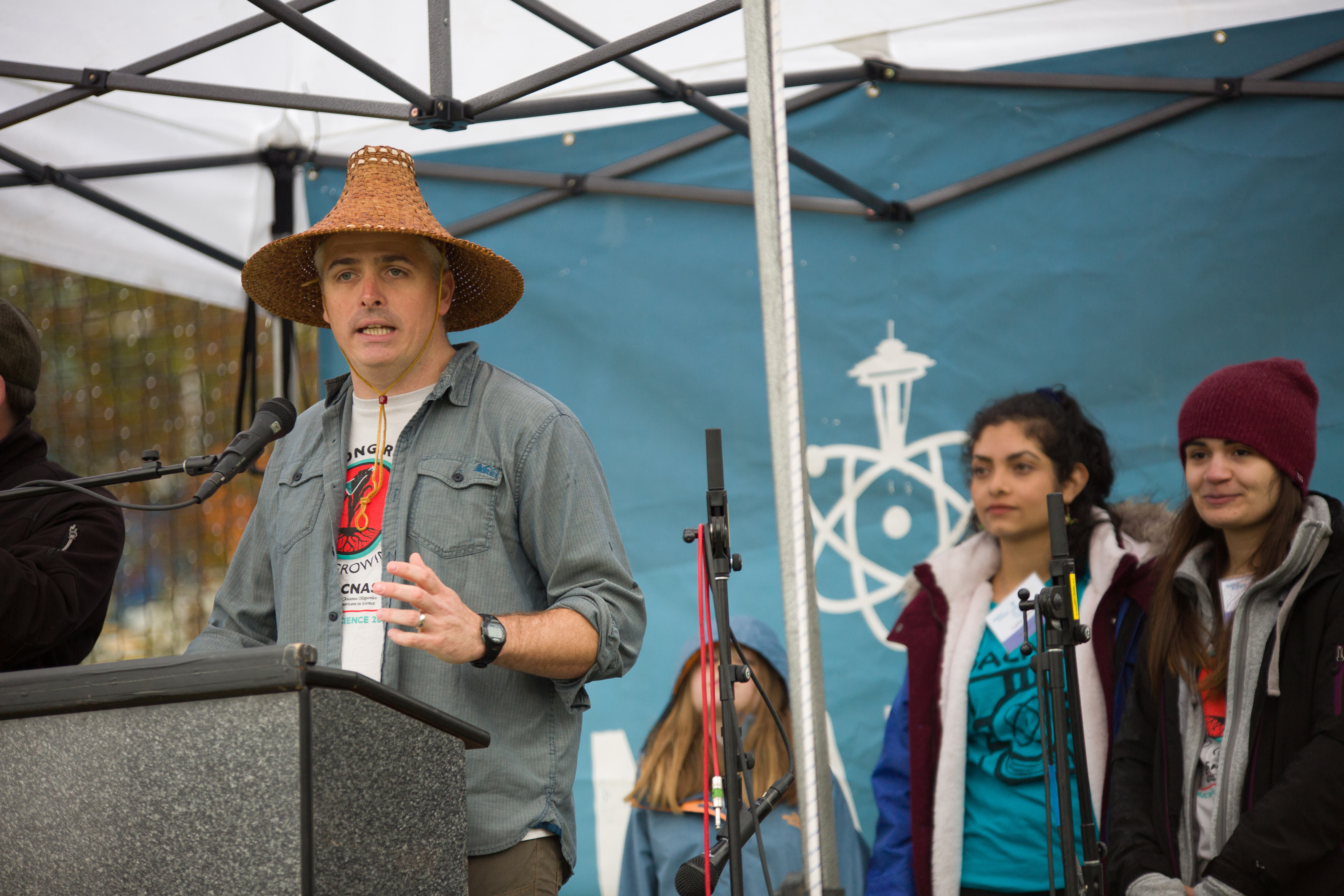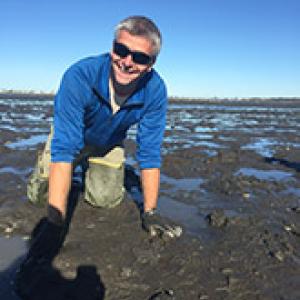Using Clam Garden Research to Span the Boundary Between Indigenous Communities and Academic Research
Archived video recording of this Zoom webinar.
Within natural and social science research, resource management, and applied conservation, there is growing focus on the inclusion of Indigenous knowledge, Indigenous knowledge systems and partnerships with Indigenous communities by governments (TRC 2015; Government of British Columbia 2019; IUCN 2011), funding agencies (Parks Canada Agency 2019; TriCouncil of Canada 2020), and scholars (Salomon et al. 2019; Artelle et al. 2018). As the number of scholars and managers making efforts to bridge the gap between Indigenous communities and resource managers grows, there is a growing need for a set of skills, values and priorities that support the development of equitable, enduring partnerships that span disciplinary and cultural boundaries. The role of a boundary spanner has assumed new importance that has not yet been described within the field. Here I will use clam garden research as an example of a project that spans the boundaries between academic research, federal agencies, and Indigenous communities.

About the Speaker

As the PI for the Coastal Communities and Ecology Lab at WWU, Marco Hatch has worked with many Native American communities to create a framework to build collaborative coproduced research projects around changing food and medicinal systems. As a member of the Samish Indian Nation, a local federally recognized Coast Salish tribe, he has helped create a network of communities interested in maintaining Indigenous food systems. Prior to WWU he was the founding Director of the Salish Sea Research Center at Northwest Indian College. At WWU he continues to create culturally grounded research experiences for Native American students. Through the NSF PAGE program, he leads a 4+2 bridge program creating opportunities for students graduating with a Bachelor’s of Native Environmental Sciences from Northwest Indian College to pursue a Master’s of Environmental Science at WWU.
Environmental Speaker Series
The Environmental Speaker Series is hosted by the College of the Environment at Western Washington University.
The Series is free and open to the public. Talks are held each Thursday at 4:30 pm in Academic Instructional Center West room 204 - AW-204. Talks will also be streamed via zoom. Register with the Alumni Association for the zoom link. Paid parking is available in lot C.
Learn more about the Environmental Speaker Series
Subscribe to the Email List